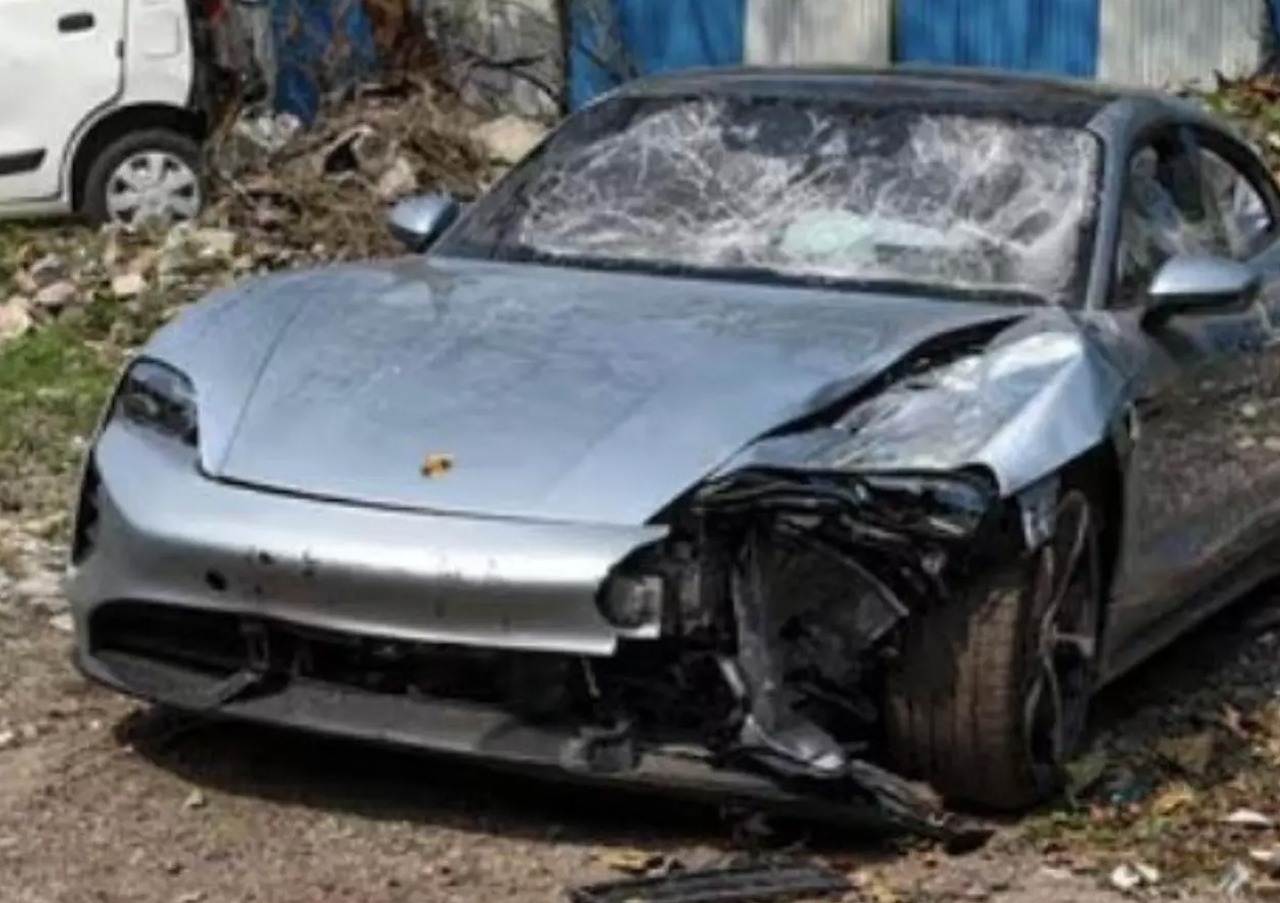
PUNE:
The Juvenile Justice Board (JJB) in Pune on Tuesday dismissed Pune Police’s plea to try a 17 year old boy, accused of driving a Porsche in an inebriated state and killing two IT professionals, as an adult. The incident occurred in the early hours of 19 May 2024 at Kalyani Nagar.
The teenager, son of a prominent builder identified as Vedant Agarwal, allegedly lost control of the Porsche Taycan after consuming alcohol, crashing into a motorcycle and killing Aneesh Awadhiya and Ashwini Koshta, both aged 24 and residents of Madhya Pradesh.
The prosecution argued that the offence was “heinous” under Section 2(33) of the Juvenile Justice (Care and Protection of Children) Act, carrying potential life imprisonment under IPC Sections 304 (culpable homicide not amounting to murder) and 467 (forgery), and that the boy showed full awareness of the act’s gravity.
Special Public Prosecutor Shishir Hiray told the JJB that CCTV footage and witness statements proved the teenager drove after warning by a family driver, and evidence indicated blood sample tampering at Sassoon Hospital following the collision.
Defence counsel Prashant Patil countered that the act did not legally qualify as “heinous” since none of the invoked offences carry a minimum punishment of seven years as required by the Act. He emphasised that the juvenile justice system focuses on rehabilitation, not punishment.
A preliminary assessment under Section 15 of the Act, considered factors such as the teenager’s mental and physical capacity, maturity, ability to understand consequences, and circumstances of the incident. On that basis, the JJB concluded the teenager should continue to be tried as a minor.
The case sparked national outrage when the board initially granted bail on the same day of the crash, imposing conditions including writing a 300 word essay on road safety and assisting traffic officials. This leniency prompted public criticism and led to the minor’s placement in an observation home three days later, followed by his release under High Court order and transfer to his aunt’s care.
Investigations revealed further controversies, such as attempts to tamper with blood alcohol tests, including a failed swap at Aundh Hospital and a successful swap at Sassoon. Charges were brought against ten individuals, including the teenager’s parents and hospital staff.
With the JJB’s refusal to elevate the case to adult status, legal proceedings will continue within the juvenile system. Trials will now proceed before both the Juvenile Justice Board and the Shivajinagar Sessions Court, with the teenager remaining under the purview of juvenile justice principles.
Observers note that the board’s ruling sets a significant precedent on the application of provisions meant for serious offences committed by juveniles. It underscores the emphasis on rehabilitation over retribution.
As the trial continues, key questions remain over whether sections under the Indian Penal Code, namely culpable homicide and forgery, will influence sentencing, and if the outcome might prompt legislative reviews on how juvenile offenders are tried in grave cases.